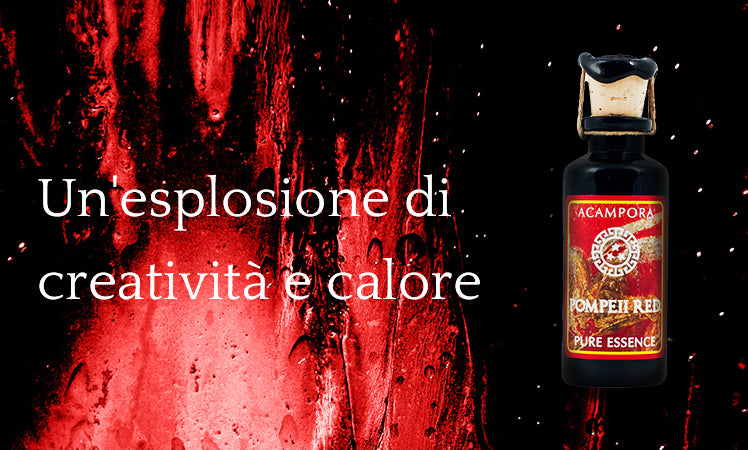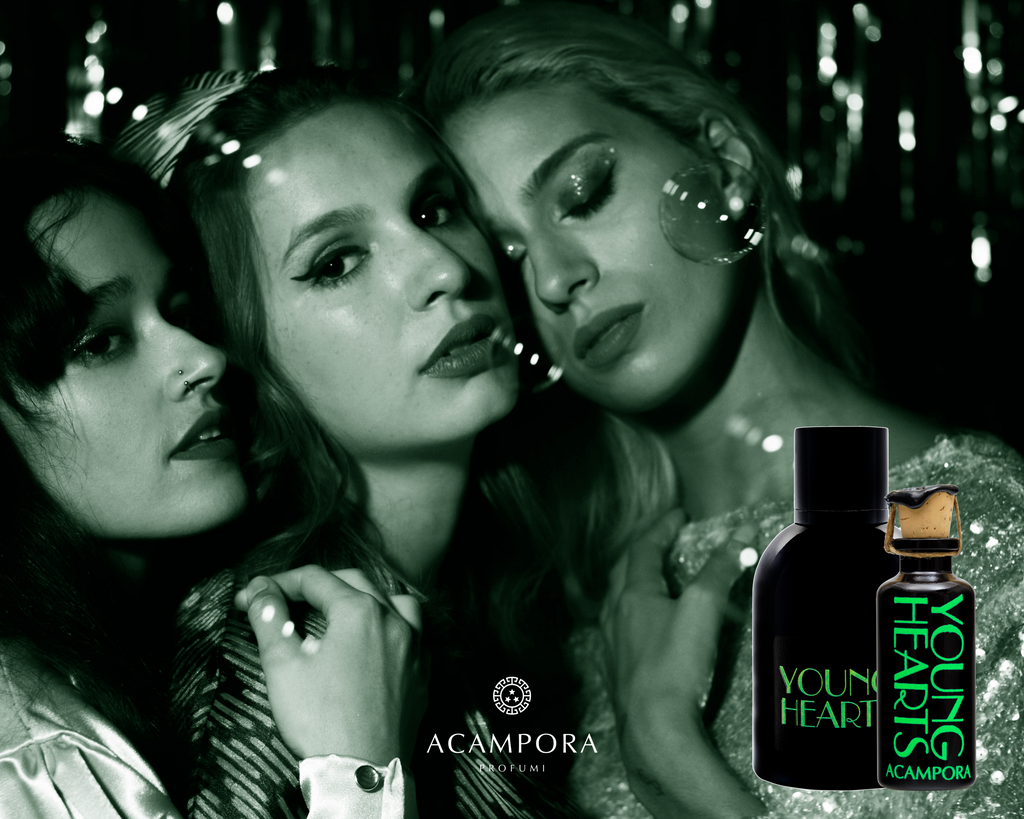The influence of skin pH on the perception of perfume
A perfume is never the same, it changes constantly. It's true for our Pure Essences which are better over time, just as well-aged wine, thanks to their natural elements. But it's also true that it may change due to factors that absolutely do not depend on the fragrance or on the house that produces it.
It is in fact known that a perfume, when placed on the skin, can transmit a different olfactory perception than when it is smelled in the air. The reasons may be various.
Every skin has an original aroma that cannot be eliminated. Depending on the type of skin, the perception of essence changes. This is because the pH influences and alters the persistence, and therefore the perception, of the fragrance.
The epidermis has a very complex structure but at the same time it's balanced thanks to the hydrolipidic mantle, slightly acid pH and by the skin microbiota. When the skin is moisturized and treated, it is like a fertile soil ready to receive the seeds. But if the skin is left to neglection and is altered by other factors, the situation changes.

Despite the fact that pH is now a sort of myth within commercial and niche perfumery, it is known that a low pH can contribute to greatly reducing the persistence of a perfume.
Transpiration too should not be underestimated. Sweat, in fact, is a compound (water, sodium, potassium, chlorine and other) which combined with the oil or alcohol of the perfume generates a slight change in essence.
Another factor that can unbalance perception and persistence in one direction or another is the lipid rate of the skin. An oily skin, for example, can heavily alter a floral essence by altering sebum production. Dry skin on the other hand could make the scent less intense and persistent.
Another element capable of altering the pH of the skin favoring certain olfactory notes at the expense of others are the hormones, making them perceive also differently than before. This is why an essence that was previously of liking, at some point could be unpleasant or even odorless.
Moreover, from the moment in which a perfume is worn, it also changes due to the olfactory notes. Each note has a different duration: in general the woody notes are longer lasting than the citrus ones, for example.
Also weather seasons can influence the sense of smell. In summer the scent is developed more quickly due to heat, in addition to the fact that the skin itself has a higher temperature.

How can we choose the most congenial perfume for us?
The first thing to do is to smell the aroma on the mouilettes since they have neutral pH.
Then it's preferable to bring scented cardboard away with you in order to smell again half an hour later. By repeating the operation at regular intervals, you can get a precise idea of the consistency of the essence. At this point it can be laid down on one's skin: this is the perfect time to truly understand the essence of the perfume.













